Comments
“Different setting in Bogotá, Washington and Panama City, with the occasional presence of Paris- during the thirties, are the scenarios in which a well-contrived plot that seems drawn straight from government files and recordings unfold.
The passages are structured so that the reader witnesses endless polar transpositions where agreements, conspiracies, plans, victories and defeats, go hand in hand without knowing what precedes what. It is essential to highlight the vast knowledge that Morgan displays, Thomas if we refer to the author by his pseudonym, product of the considerable research on the canal issue carried out by him.
However, much of what appears in play during the plot of the novel is the assertion that Panamanians showcase on their national identity. There is no doubt that the canal gave the Isthmus an international notoriety that could not go unnoticed, but at the same time, it contributed to giving the average individual the awareness needed to value their legacy and position in the region. The characters that appear in the novel, game pieces taken from an unfinished game where the board is the map of America, impress with their reality; it is their presence that influences the authenticity of the novel.
I keep insisting that this is a historical novel of great value, even though it might sometimes seem a history text that wants to appear fictionalized. Morgan’s work is commendable, the writing: impeccable. The reader should, and must, be involved in a text that will demand additional information due to its exciting nature. It is of outmost importance to be informed on the issues underlying the plot as to not only appreciate even more the work of the author, but also to try to understand an event that affected the Latin American region causing an impact that went beyond the continent. It should not be a surprise to anyone to state that this novel by Juan David Morgan is intended to join a select place within the historical accounts of Latin America.”
Humberto López Cruz – Professor of Literature at Central Florida University
“It is novel with exponential ideas, in which the author skillfully avoids the temptation to pontificate, something some writers are so addicted to. The characters are the ones who have the complete freedom of yelling at us right from the pages their motivations and beliefs. Jorge Thomas listened to them patiently and served as their spokesman. That’s what gives this novel an indisputable objectivity.”
Ernesto Endara – Panamanian writer. Winner of the “Ricardo Miró” National Literature award in the genres of Story, Novel, Essay and Theater.
“I confess that after reading the 511 pages of this book, I feel even more confused. I do not know if this is a historical novel or a fictionalized story. The characters, whose actions Jorge Thomas has managed to rebuild, stick so faithfully to historical evidence, that it is indeed difficult to distinguish when reality has given way to fiction or vice versa. The fact is that Thomas, displaying rigor in the management of documentation achieves what all historians dream: that the characters speak, that they become flesh and bone, expressing their feelings and showing their strengths and weaknesses. This novel by Jorge Thomas fills a gap in the Panamanian literary bibliography related to the events surrounding November 3rd, 1903. Contrary to Lemaître Thomas has rebuilt with a lively, clear and precise prose, backed with evidence from the time, not a story that resembles a novel but a historical novel.
Although, logically, Jorge Thomas draws on literary license in the dialogues, in the reconstruction of some of the events narrated and the actions of the main characters, a command of the topic is perceived throughout the reading of this book, which can be attributed to the thorough consultation of specialized bibliography and archival sources, both at home and abroad. Therefore it is not surprising that throughout the text we find the inclusion of historical testimony that with great balance and skill the author has inserted into the plot which page after page starts to take over the reader, who oscillates between fiction and reality, not knowing for sure where one or the other lays.”
Celestino Andrés Araúz – Historian
” With glowing splendors of Glory shows a deep erudition, an absolute knowledge of both domestic and foreign history in a well-crafted narrative. This historical-political novel deals with the birth of a new nation, Panama, protectorate or pseudo-republic submitted to foreign outrages from the start. In this illustrious novel about secession the pain of Colombians to lose Panama is reflected as well as the issue of independence in all its facets. From beginning to end the book presents life in Paris, Washington, the highest political circles in Colombia, the bare political reality, decadence and political subservience.”
Yolanda Crespo – Head Professor of Literature at the University of Panama
Luis Pulido Ritter – Writer
“For the German poet Novalis, the novel occupies the space that history has failed to reveal. Within this perspective, Jorge Thomas’ novel is a good example of how the novelist goes into a certain reality, not to describe it in a positivist and phenomenological way, but to build it deliberately and not arbitrarily. With an impeccable structure, with events happening within the same time frame in Panama, Washington, Paris and Bogotá, the novel begins in 1931 Paris with journalist Henry Hall getting ready to investigate the truth about “how the United States took control of the Panama Canal “… and the fate of the forty million that were paid for the transaction.”
Yolanda Crespo – Head Professor of Literature at the University of Panama
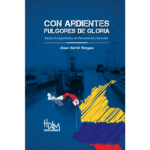

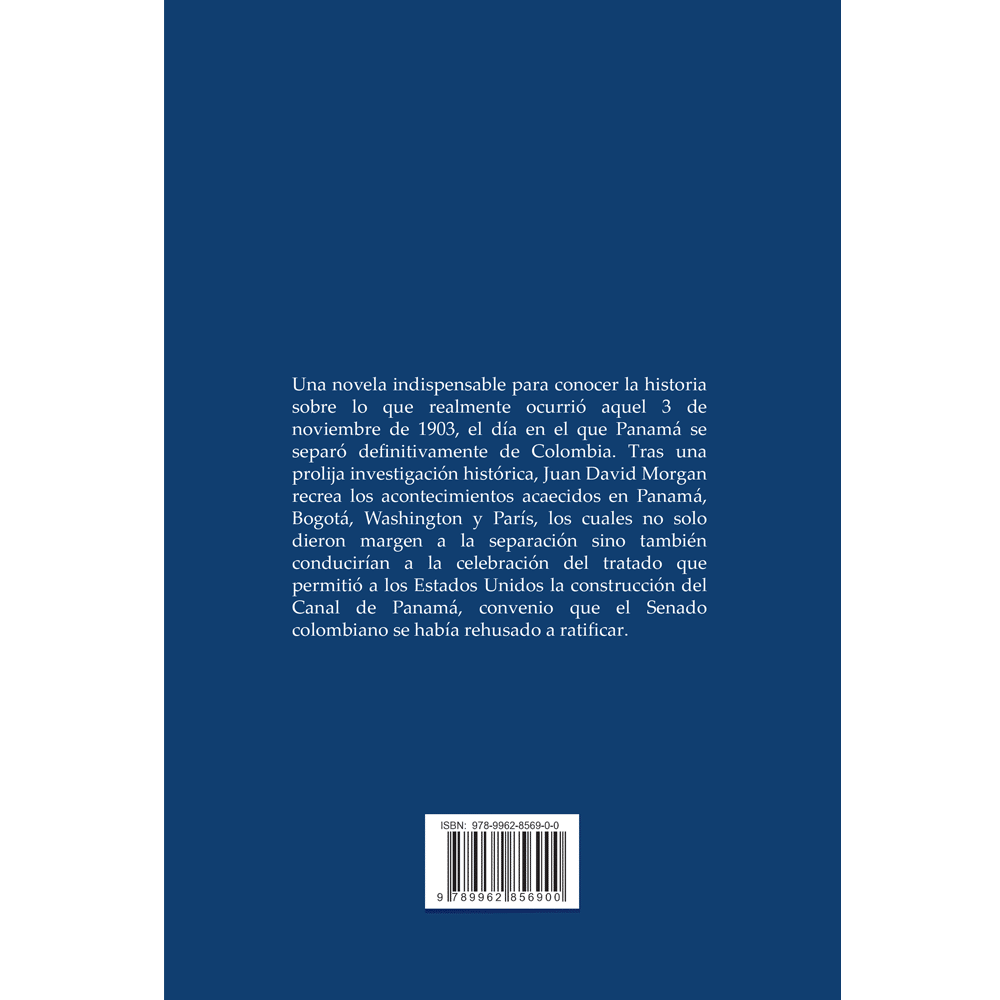
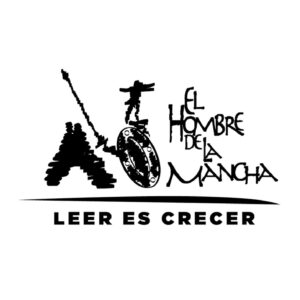


Reviews
There are no reviews yet.